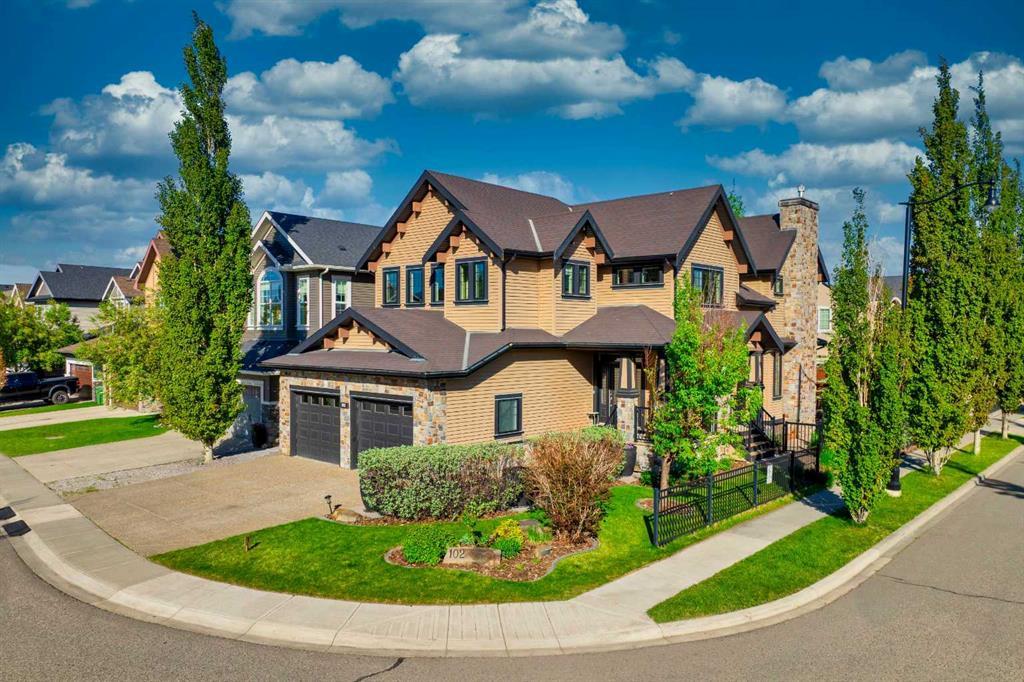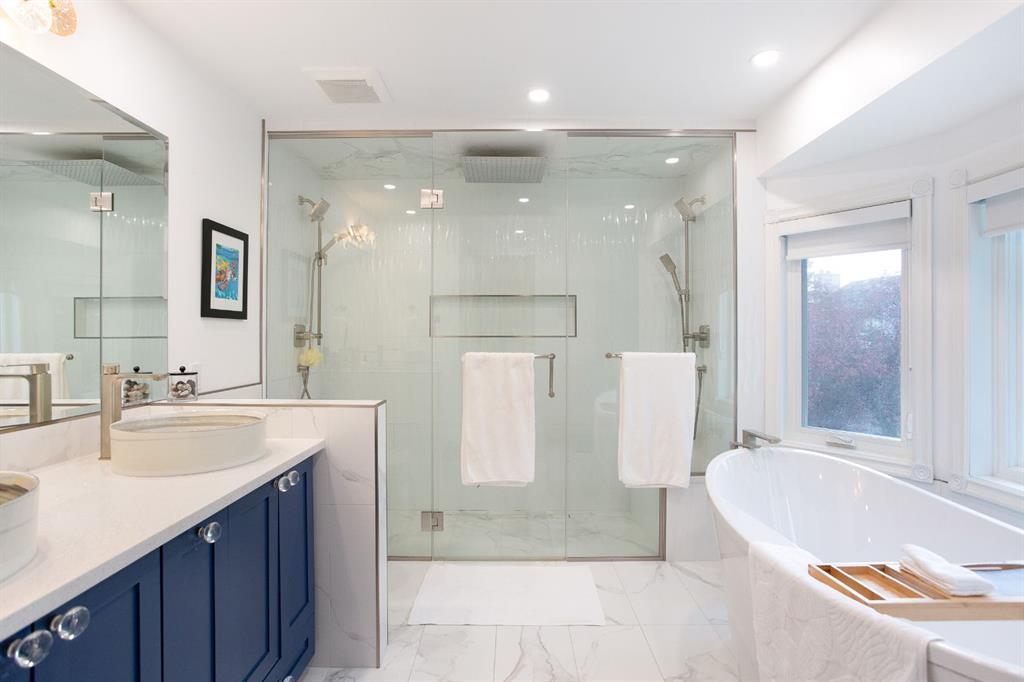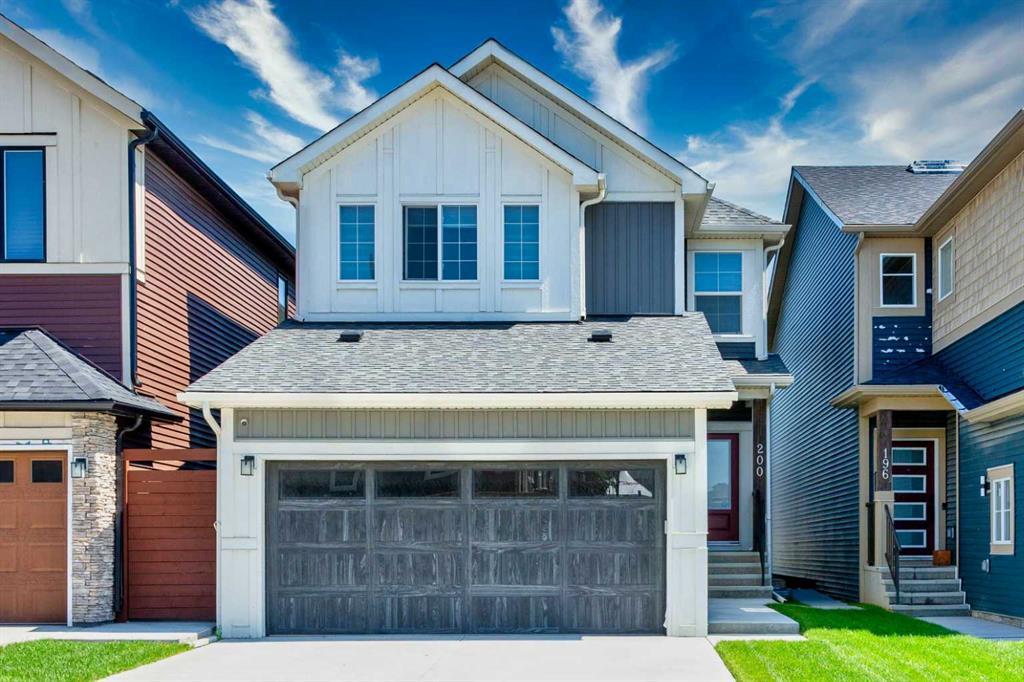 In this blog we're going to cover what to do when you receive a bad home inspection, whether you're on either side as a buyer or seller, we're going to break down the different solutions and avenues to consider when you receive a bad home inspection.
In this blog we're going to cover what to do when you receive a bad home inspection, whether you're on either side as a buyer or seller, we're going to break down the different solutions and avenues to consider when you receive a bad home inspection.
Please note this blog is not intended to solicit buyers or sellers currently under contract with a brokerage and is intended for sellers not under contract or those selling privately and should be used as a general guide, this is not legal or professional advice, all matters for your home inspection should be dealt directly with your REALTOR®
What is a home inspection?
Just as it sounds, a home inspection is a thorough review of a properties condition. A home inspection must be done by a certified home inspector (unless otherwise stated in your contract) however, conditions of a home inspection can me adjusted to also include other professionals who may specialize in specific systems unique to a home including advanced mechanical room setups and systems.
Home inspection Condition
The condition of a home inspection is often put in place as part of an offer to purchase. Within a purchase agreement, a buyer can set conditions that must be satisfied (Waived) One of the most common conditions you'll see in an offer to purchase is the home inspection condition. It might not be surprising to find out that this condition is seen more so than a condition of financing as there are buyers who may not require financing (cash in hand), but very few buyers will pass up on the opportunity to obtain a home inspection.
Pre Listing Home Inspection
One scenario that is sometimes explored by our sellers (in specific situations) is obtaining a pre-listing home inspection. For example, above and beyond proper marketing in a buyers market, making your home stand out amongst the rest of the inventory in the market is key, if you know your home has very few issues, having a pre inspection performed demonstrates confidence in your homes value and attests to its minimal maintenance requirements, something many buyers stress and consider in their purchase.Bad home inspections

Even on brand new builds, home inspectors can find deficiencies and issues with a home, so it shouldn't be surprising for buyers to learn that older homes sometimes have 50-100 issues, many of which are minor, and should be considered 'to-dos' for buyers to get done. However, this doesn't mean that home inspections can't go poorly and when they do, you need to know your options.
There's a few options buyers have when they receive an unsatisfactory home inspection, they are:
Price reductions - There are a lot of factors that come into negotiating a price reduction after a home inspection, but it is definitely an avenue that is explored when a home is inspected and in need of major repairs and work. This is something you must talk to your REALTOR® about and decide on a game plan and outcome that's satisfactory for you. Be prepared to walk away though, your agent can inform you on the potential upside and downsides of obtaining a price reduction and what it would entail on your end to addressing and remedying any issues. As a buyer, obtaining your own quotes from professionals can go a long way in legitimizing your claim and provides sellers a realistic understanding of what needs to be done.
Ask for repairs - Lets say the home inspector noticed water staining and with their moisture detection tools revealed that there's a leak happening on the upstairs main tub, they say it could require extensive work, and could cost thousands to repair, while the sellers may be unaware of this issue, it is likely something they'll have to address at some point, whether it's within the deal presently, or if the deal falls apart. As a buyer, you can request that the seller take on the responsibility of fixing this (and other) issues, you will require additional paperwork to be signed by both parties (buyer and seller) that outlines the work to be completed. Please note, you should discuss this in depth with your agent, and you may require legal advice or a hold back of funds with the lawyers to ensure the work is done and is satisfactory.
Ask for alternative compensation - Lets say the home inspection reveals $1,500 worth of bigger repairs and issues that need to be addressed, but the seller has indicated that they cannot negotiate further financially, you could ask them to compensate you with something alternative, such as including goods not previously in the contract (appliances, furniture, etc) this can be a complicated negotiation though and targeting personal items (art, decor pieces, etc) areWalk away – The reason you implemented the home inspection condition in the contract is primarily for this purpose, when you receive a home inspection that isn't up to par, you reserve the right to walk away. By not removing this condition before it's condition date, the deal will collapse.
What to do as a seller with a bad home inspection
As a seller, your options are slightly more limited than the buyer. Your agent should do their best to uncover the pain points for the buyer and help guide you on whether you should continue to work with them or if you should pursue other options. You can either agree to repair and remediate any issues, reduce your price, or offer other incentives for the buyer.Who should be present for a home inspection?
Typically it should be the buyers, their agent, and the inspector present for a home inspection, sellers should not be home as this can create tension and any other specialists, contractors, or trades should be cleared with the sellers.
Typically a home inspection will take 1-4 hours, this can vary based on the size of the house, and the amount of deficiencies discovered by the home inspector.
Cost of home inspection in Calgary
In most cases a home inspection should cost somewhere between $400 and $600+ depending on the size and location of the home, with condominiums ranging between $400 to $500
You can also expect additional charges for more thorough inspections, including items like sewer scopes which typically run $200 to $300 more but give you an inside look at the sewer line that runs from your house to the city.
Most Common Inspection Issues
In Calgary there are a number of common issues seen in home inspections they are:
Electrical - From older wiring that's not to code, frayed wiring, and electrical panels in need of professional clean up and maintenance
Foundation issues - It is quite common to see and find cracks in foundations in homes in Calgary, the severity of these varies greatly
Roofing – Whether it's visible from the street (curling shingles) to missing shingles, leaks in the attic, or water not moving where it should, your roof is key to the overall health of your home and its expected that your inspector will take great care reviewing the overall health of the roof (both outside and as much as possible inside)
Doors and Windows - Failed seals, and not closing or functioning properly are common issues that come up in home inspections
Plumbing - Outdated or high risk plumbing systems (Polybutylene) are some of the most common issues flagged, with minor site leaks (faucets, drains) also being routinely discovered during inspections
HVAC - It's not uncommon in older homes for inspectors to flag furnaces, hot water tanks, and other major system components that are nearing or past their expected operational life spans
Appliances - Burners not working on a stove, water lines that should be replaced on fridges, are just a few issues inspectors come across when inspecting your potential new homes appliances. A good home inspector will also take pictures and note serial numbers of all appliances to ensure they're the right ones when you take possession
Moisture / Water - From improper drainage outside, to leaks inside, moisture and water issues commonly come up
Mold - This unhealthy growth can be a major concern, the presence of mold can can often be an indication of moisture issues, improper drainage, or poor construction methods
Hazardous substances - The big one being asbestos, although it is now not used or common in newer homes, asbestos was a product that was used for a variety of purposes, from insulation to drywall and flooring. A great Calgary home inspector will look for areas where it could be disturbed or has been which is typically the highest cause for concern.
It is always recommended that you discuss your home inspection results with your REALTOR® although these are common issues, not all are treated or handled the same way, there are many factors to consider how you should approach and address issues, this can include the price you paid for the home, the expectations going into the home inspection, the age of the home, and much more. As mentioned previously, there are remedies for
search open houses for sale in calgary
Final thoughts
When you're buying or selling a home, an inspection is a valuable tool for both buyers and sellers to thoroughly understand a home and the potential deficiencies within. Home inspections almost always uncover some issues within a home, whether they're big or small, it's up to you as a buyer or seller with the advice of your REALTOR® to determine the severity and the avenues you can explore to address them within a live deal.











Leave A Comment